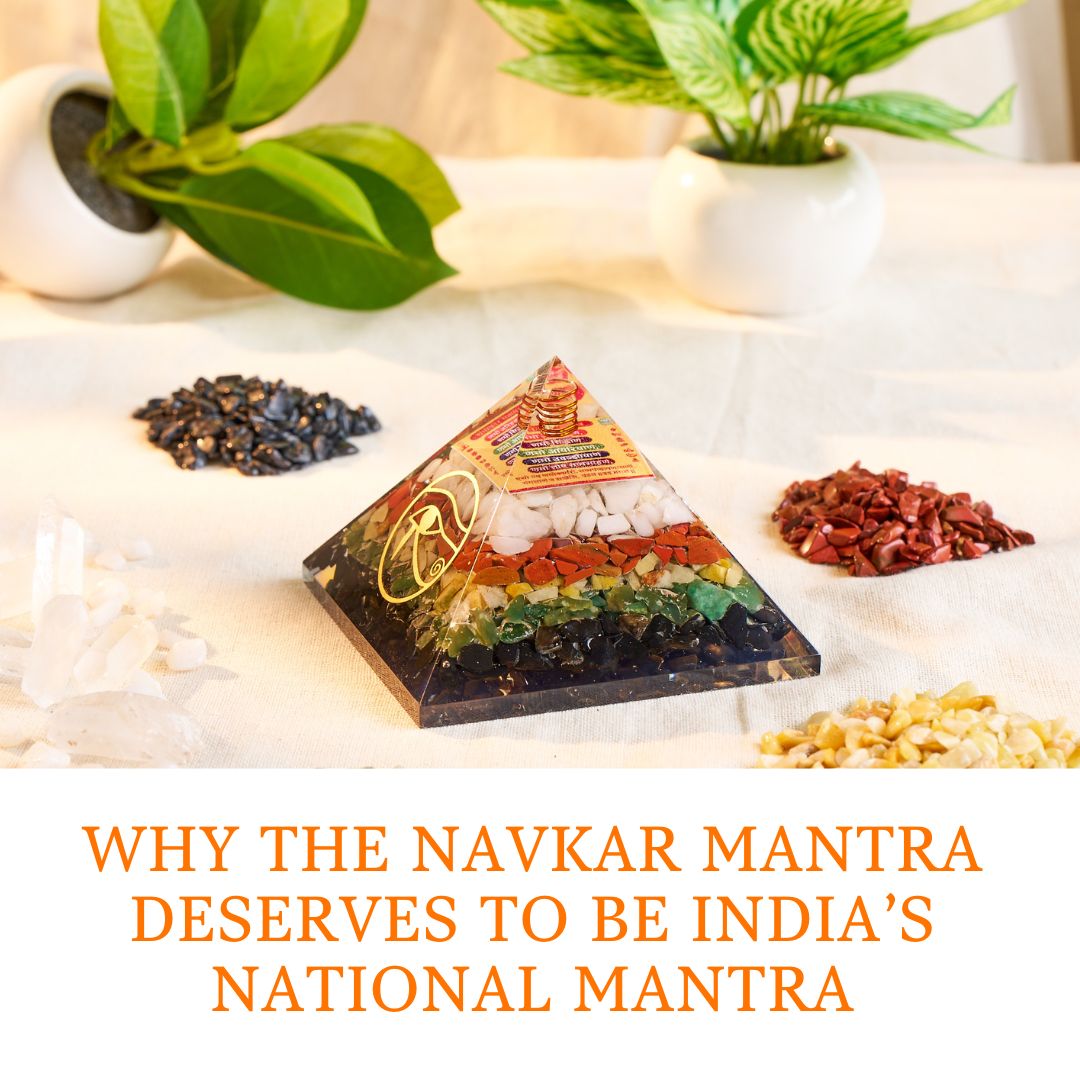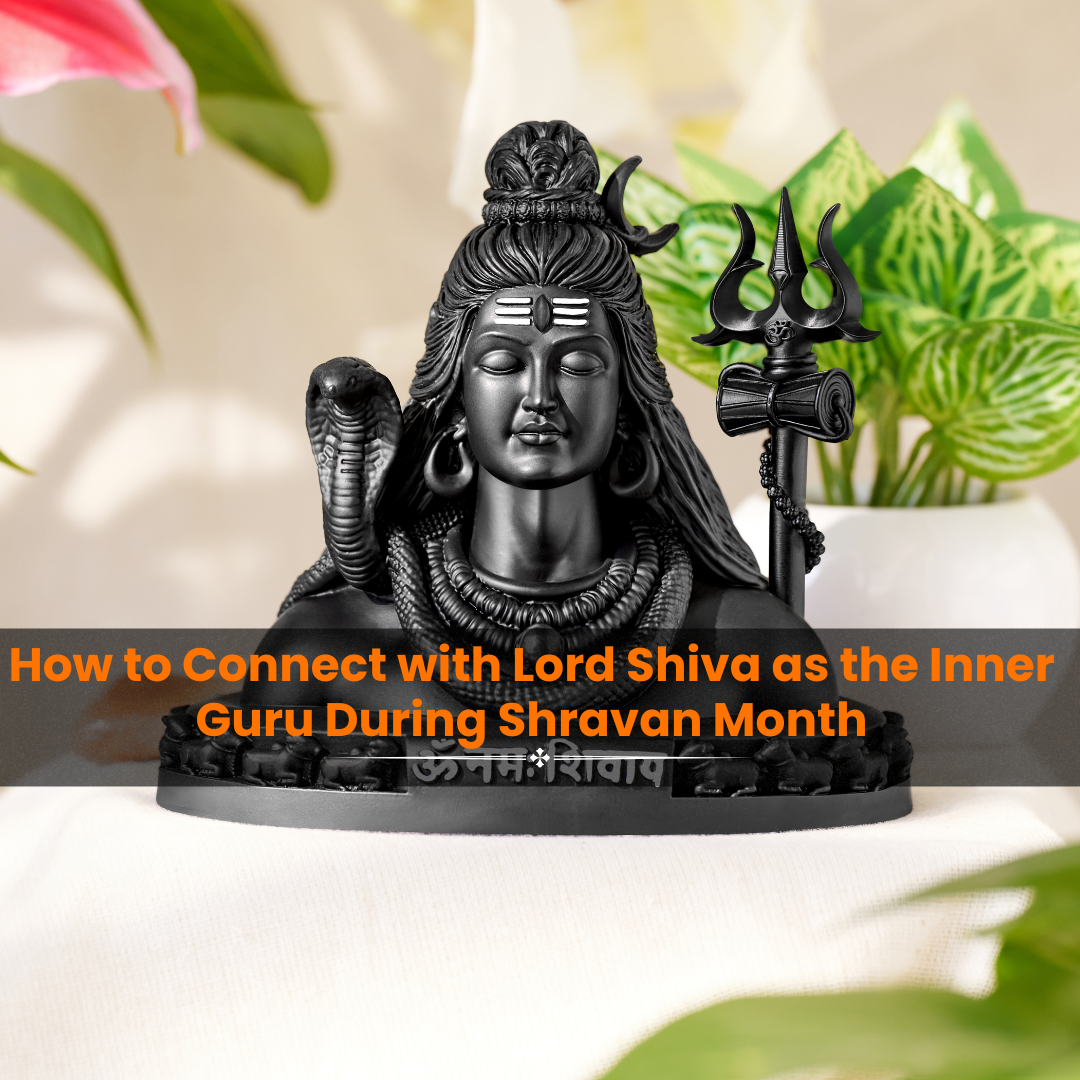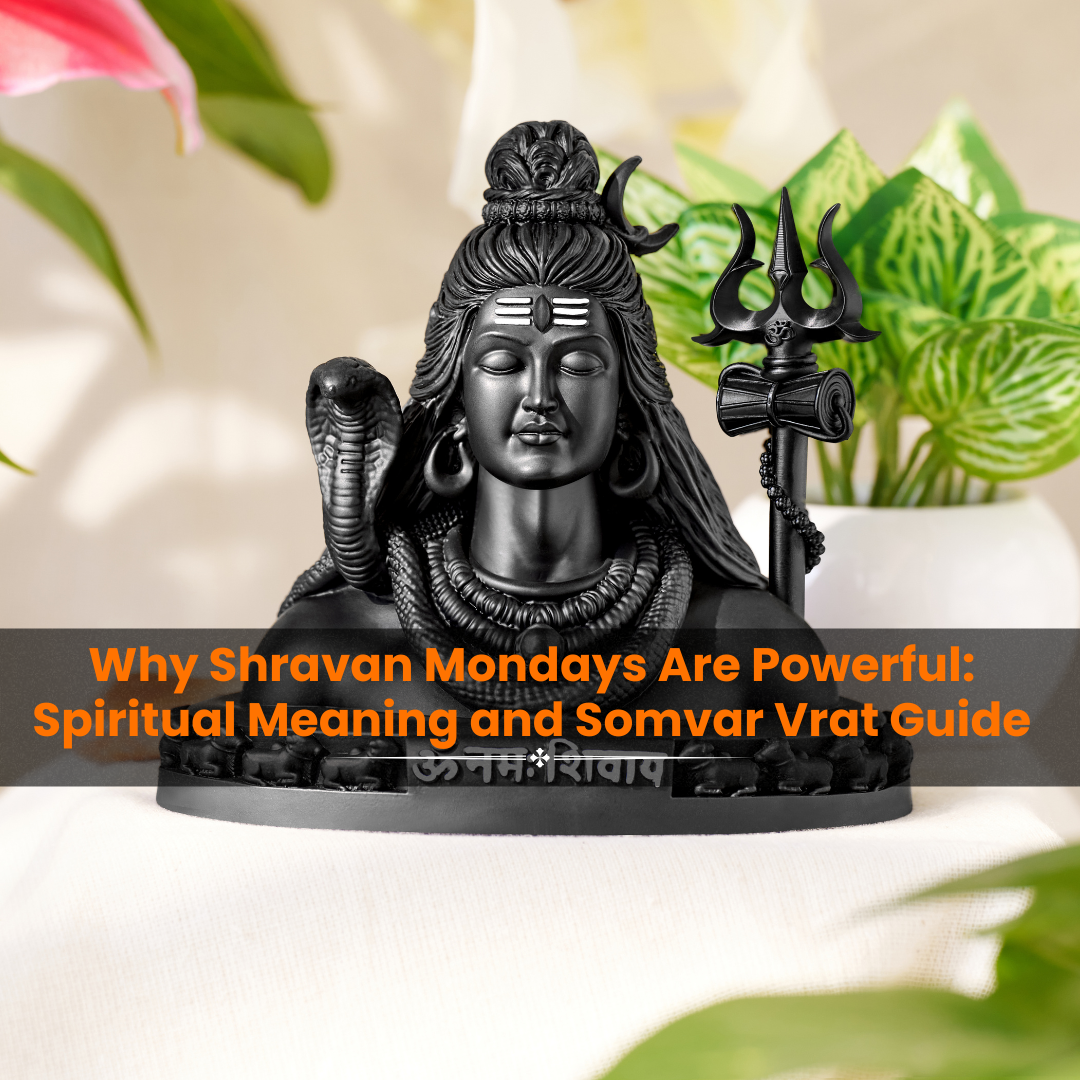
Why the Navkar Mantra Deserves to Be India’s National Mantra
India is known for its cultural richness, spiritual wisdom, and diversity. Across different regions, languages, and faiths, there's one thing that connects us all — a deep respect for values like peace, truth, and non-violence. The Navkar Mantra, rooted in ancient Indian philosophy, is a powerful reflection of these ideals. It goes beyond religion and speaks to the soul, making it a strong contender for India’s National Mantra.
What is the Navkar Mantra?
The Navkar Mantra, also called the Namokar Mantra, is the most sacred prayer in Jainism. What makes it special is that it’s not a plea for blessings or material desires. Instead, it is a salute to five types of spiritually elevated beings:
-
Arihantas – Enlightened souls who have conquered inner weaknesses.
-
Siddhas – Liberated souls who are free from the cycle of life and death.
-
Acharyas – Leaders and guides in the spiritual path.
-
Upadhyayas – Teachers of spiritual knowledge.
-
Sadhus and Sadhvis – Monks and nuns living a life of simplicity and renunciation.
This mantra honors virtues, not a deity — making it truly universal and timeless.
Core Values that Unite Us All
The teachings of the Navkar Mantra are based on values that can uplift any individual, regardless of their background or faith. These include:
-
Non-violence (Ahimsa) – Respect and kindness toward all living beings.
-
Truthfulness (Satya) – Emphasizing honesty in words and actions.
-
Non-stealing (Asteya) – Respecting what belongs to others.
-
Celibacy or self-discipline (Brahmacharya) – Living with control and mindfulness.
-
Non-possessiveness (Aparigraha) – Letting go of greed and unnecessary desires.
These aren’t just religious virtues — they’re life principles that can lead to personal peace and societal harmony.
Why It Should Be Our National Mantra
In a country like India, with many beliefs and traditions, the Navkar Mantra offers something rare — a message that unites rather than divides. Here's why it stands out:
-
Secular by nature – It doesn’t mention any god or specific religion, making it inclusive.
-
Morally uplifting – Promotes ethical living that benefits individuals and society.
-
Deep cultural roots – Reflects India’s long-standing spiritual heritage.
It is a mantra that teaches us to live with compassion, simplicity, and integrity — values that are much needed in today's fast-changing world.
A Mantra for a Better Tomorrow
Every year on 9th April, people from all over come together to recite the Navkar Mantra in unity. This shared practice helps spread peace, positive energy, and a sense of connectedness — not just across India, but globally.
Conclusion
The Navkar Mantra is more than a prayer — it’s a guide for living well. Adopting it as India’s National Mantra would celebrate our spiritual wisdom and promote values that build a more peaceful, united, and ethical society. It’s a timeless message that belongs to everyone.

























